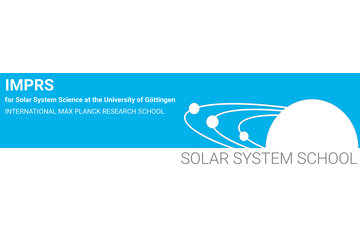Solar accretion disk dynamics – the record from chondrites
“Space sediments” hold isotopic clues for reconstructing early solar system evolution
Protoplanetary disks are rotating structures of gas and dust surrounding young stellar objects. They form as a natural consequence of angular momentum conservation during molecular cloud collapse, and are the site of a multitude of physico-chemical processes that ultimately turn dust into planetary bodies. As non-equilibrium assemblages of various low- and high-T disk components, chondrite meteorites are recorders of the disk-phase of our solar system. These deep-time “space sediments” thus provide ground-truth information for astronomical observations, disk models, and for reconstructing early solar system evolution.
By analyzing the mass-independent isotopic composition of chondrite components (chondrules, matrix, metal, CAIs) the PhD student will examine the formation, transport, and mixing of nebular material in the solar protoplanetary disk – from infall to parent body accretion. The project will benefit from our new in-house state-of-the-art sample preparation facilities, wet chemistry clean-rooms, mass-spectrometers, and an international, multi-disciplinary supervisor team. Previous experience in isotope geo-/cosmochemistry is desirable.




